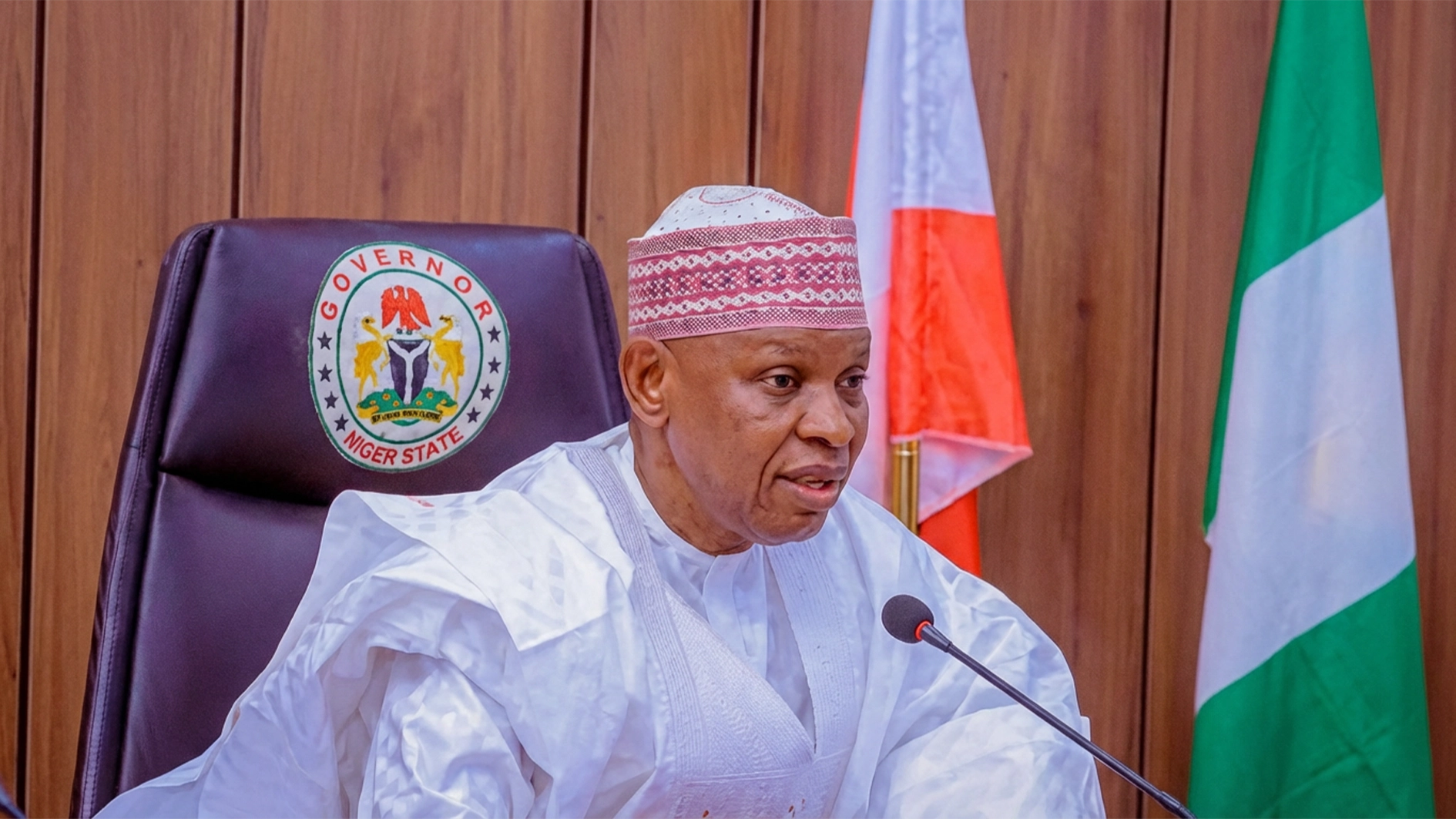The above headline is a tough call to make after listening to Mr Taiwo Oyedele, tax expert par excellence, shed light and sell the tax reforms. This cautionary statement is not made lightly but is necessary before implementation begins in January 2026, hoping its implementation will be delayed until widespread prosperity returns to Nigeria.
Raising tax to GDP from 9% to 18% is the end goal of the reforms, meaning others other than tax professionals can make judgment calls on the whole exercise. Let’s proceed by juxtaposing with another objective of this administration, which is the trillion-dollar Nigerian economy by 2030. The Nigerian economy would have to grow at around 20% a year to achieve this objective. Would 18% tax to GDP hinder or assist in attaining 20% annual GDP growth? Economic history says it would not. It would rather dampen the tottering 4% GDP growth achieved in 2025, a growth that needs to be accelerated before the poor can breathe.
Mr Oyedele has tried to calm nerves by indicating it would be a progressive tax, sparing the poor while taxing the rich. He says the tax net will be enlarged, and he gave numerous examples, including going after informal immoral sectors, thus depriving poorer Nigerians of the money to defray siblings’ school fees or maintain parents in the villages.
Mr Oyedele, we know where Mr President is coming from. Through increased taxation, he grew Lagos’ internal revenue generation manyfold, and Lagos was able to borrow more. Yes, he expanded the dragnet and increased taxes on existing businesses. High-net-worth players who had been evading taxes were captured. The question is, should this blueprint be taken to Abuja and used on the wider economy? What will the effect be when applied in Abuja? If implemented, we might end up with Osunisation of Abuja akin to what Aregbesola achieved in Osogbo.
Those who refuse to learn from history are apt to repeat its mistakes. Increased taxation in Britain and the US after the recovery from the Second World War led to a collapse in economic growth, and stagflation ensued. Reagan and Thatcher lowered taxes and restored growth in both countries. Lesson two: The Republic of Ireland cut corporate taxes, and investors rushed in, leading to outstanding growth in the Republic of Ireland. Nigeria has chosen to increase taxation, and one should expect nothing but a dampening of growth.
Ultimately, the question is, what is the relationship between higher taxes and economic growth? Is it an inverse relationship or a direct relationship? My search reveals that higher taxes lead to lower growth. Only in unusual situations do higher taxes lead to higher economic growth, and this is dependent on pointed and very efficient use of tax revenues. This cannot be said of Nigerian governments.
I choose to say the outcome in Nigeria would be negative for the following reasons. I will go scriptural and quote Luke 16 verse 10 — our Lord Jesus teaching us that one who is dishonest in small things can’t be faithful in much and should not be given more. The Nigerian governments and politicians have been totally untrustworthy, with 9% tax to GDP and are not going to be faithful with taxes at 18% to GDP.
Increasing taxes is known to deter investors, while lowering taxes attracts them into countries that lower taxes. This is incontrovertible. Mr President, sir, your antecedent in Lagos is telling, and investors will hold on to their capital to see how the new tax regime pans out. Meanwhile, double-digit economic growth is not happening without local and foreign investors. Aliko reveals a telling statistic, that 52% of his profits in cement go to government coffers — fifty-two per cent! The man is literally working for the government. With this reform, will this percentage be maintained or increased?
Mr Oyedele, sir, you claim no one earning less than ₦800,000 will pay tax, meaning even the poor are captured. Isn’t the minimum wage at seventy thousand naira per month higher than this threshold? Hasn’t the minimum wage been made nonsense of by ongoing inflation from the massive naira depreciation over the last two years? Meaning taxation is going to further curtail consumption and demand, additional to what the earlier two legs of current reforms did. On account of this hit on disposable income across the board, double-digit growth will also take a hit. Increased VAT and the hardship of doing business in Nigeria also constitute a high indirect tax on the populace and Nigerian businesses, respectively.
Mr President sir, allow your body language to be that of lowering taxes across the board. This, with your earlier reforms, will make Nigeria the toast of investors, and needed FDI will stream in and best the earlier record of $22 billion set in 2014. With other things going our way, double-digit growth will be underway, and with more business comes higher tax revenues without raising taxes. It’s tried and tested, known as supply-side economics.
My dear Mr Oyedele, you have gotten rid of colonial tax relics, multiple taxes, and made payment of taxes less cumbersome. However, on the flip side are increases seen in VAT and implementation of Capital Gains Tax, all with the 18% target in mind. This will weigh heavily on the minds of investors, both local and foreign. To this, you must seek answers and opinions from investors operating in and outside Nigeria. After all, that it would be less burdensome to pay taxes doesn’t mean the amount paid will not be higher.
Driving this 18% tax-to-GDP push is to make borrowing easier, to finance our statist president’s love for bloating government. It is not for the health of the economy. Unfortunately, many Nigerians conflate increased government revenues with an improved economy. Taxation in current Nigeria is akin to robbing Peter, the people, to pay Paul, politicians in government. It is a zero-sum game, and the only way it can become a win-win is by first attaining double-digit economic growth, which in turn leads to higher tax revenues. Added to this is the psychological part of thriving businesses being happy to pay the taxes. Stressed businesses can never be happy with higher taxes.
Inform us, which peer countries of ours with 18% tax to GDP have grown at double digits? 18% tax to GDP cannot deliver the 20% economic growth needed to take Nigeria to a trillion-dollar economy by 2030. All it would do is widen inequality in the land as our politicians become richer while the people, the Peters, become poorer. To buttress my submission, South Africa, with 22% tax to GDP, has one of the worst GINI coefficients in the world. It is also a place where state capture is worse. The reason Nigeria is doing poorly in the inequality index is due to the stupendous accumulation from Nigeria’s commonwealth by our politicians. This tax reform, the way it has been signed, will worsen it.
One should ask, if government does not raise tax to GDP, how will it fund its raison d’être for its existence? By allowing individuals and the organised private sector to pick up where government leaves off. Here are some examples. The Dangote Refinery speaks for itself, while alumni and other Old Students Associations’ interventions in many government schools are another example. My advocacy is not that government revenues should not improve, but that it is achieved by expanding economic activities, not by attempts to raise taxes that have the potential to decrease economic activities and stop the poor from breathing.
Dr. Jaiyesimi writes via [email protected]






